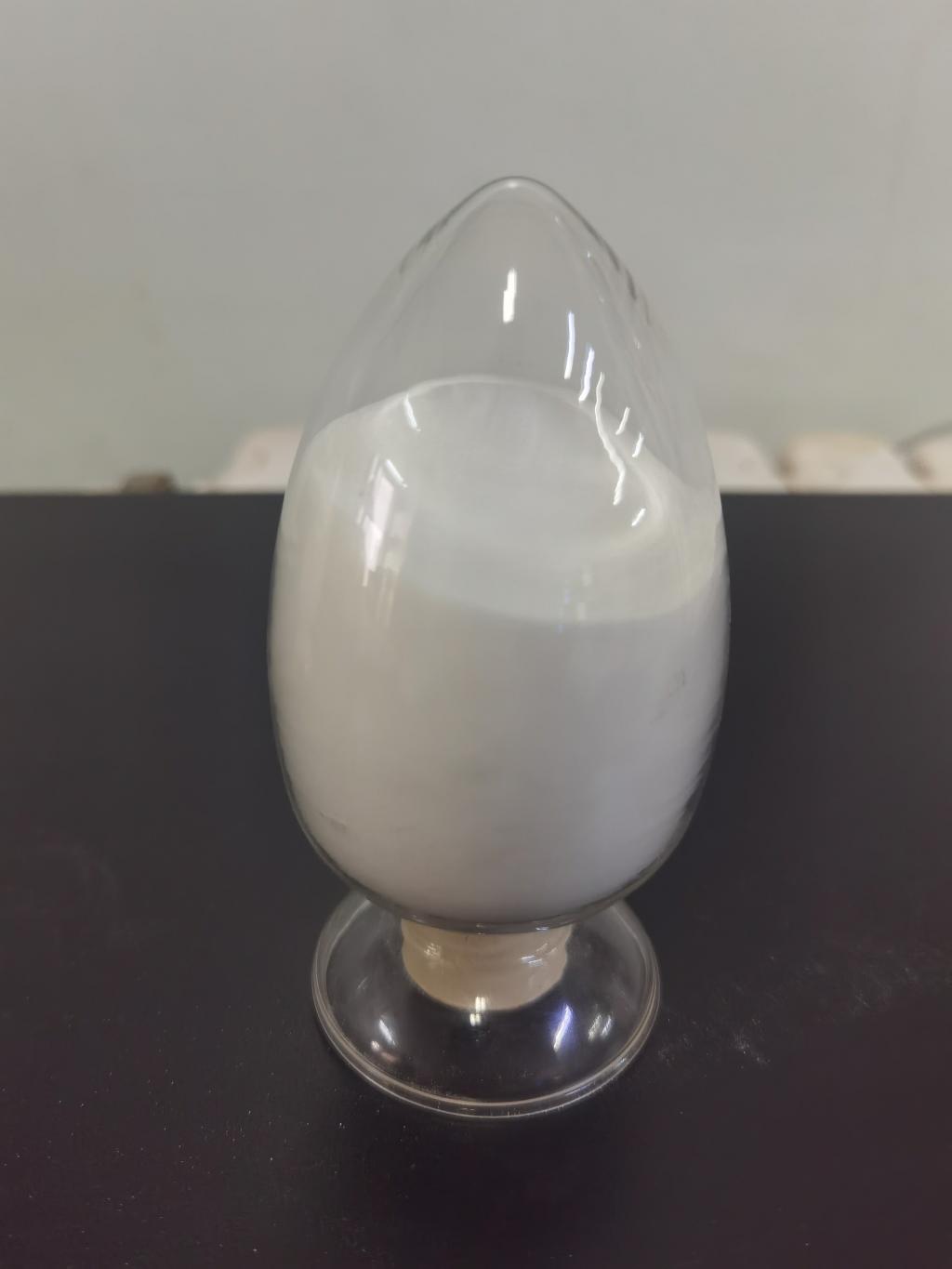Tel:+8618231198596

News
 CONTACT
CONTACT
 CONTACT
CONTACT
- Linkman:Linda Yao
- Tel: +8618231198596
- Email:linda.yao@dcpharma.cn
- Linkman:CHARLES.WANG
- Department:Overseas
- Tel: 0086 0311-85537378 0086 0311-85539701
News
ε-Polylysine hydrochloride's applications in controlling microbial growth in beverages.
TIME:2024-05-14
Properties of ε-Polylysine Hydrochloride:
ε-Polylysine hydrochloride is a cationic homopolymer composed of lysine residues linked by peptide bonds. It is produced by fermentation of Streptomyces albulus or other microorganisms and is generally recognized as safe (GRAS) by regulatory authorities. ε-Polylysine hydrochloride is soluble in water and exhibits broad-spectrum antimicrobial activity against a wide range of microorganisms, including bacteria, yeasts, and molds. Its stability at various pH levels and temperatures makes it suitable for use in a variety of beverage formulations.
Mechanisms of Action:
The antimicrobial activity of ε-Polylysine hydrochloride is attributed to its ability to disrupt microbial cell membranes and inhibit essential metabolic processes. As a cationic polymer, ε-Polylysine hydrochloride interacts with negatively charged components of microbial cell membranes, causing membrane disruption and leakage of intracellular contents. Additionally, ε-Polylysine hydrochloride can interfere with microbial enzyme activity and disrupt cellular metabolism, ultimately leading to microbial death.
Applications in Beverage Preservation:
ε-Polylysine hydrochloride is utilized in a wide range of beverages, including fruit juices, soft drinks, sports drinks, and functional beverages, to control microbial growth and extend shelf life. In fruit juices, ε-Polylysine hydrochloride can inhibit the growth of spoilage organisms such as yeasts and molds, preventing fermentation and spoilage. Similarly, in soft drinks and sports drinks, ε-Polylysine hydrochloride helps maintain product quality by inhibiting the growth of bacteria and yeasts, thereby preventing off-flavors and spoilage.
Impact on Beverage Quality:
While ε-Polylysine hydrochloride primarily functions as an antimicrobial agent, its incorporation in beverages can also influence product quality. Studies have shown that ε-Polylysine hydrochloride has minimal impact on the sensory attributes of beverages, including taste, color, and aroma. Additionally, ε-Polylysine hydrochloride does not interfere with the stability or solubility of beverage ingredients, ensuring product consistency and uniformity.
Regulatory Considerations:
ε-Polylysine hydrochloride is approved for use as a food additive in many countries, including the United States, European Union, and Japan. Regulatory authorities have established maximum usage levels for ε-Polylysine hydrochloride in beverages to ensure its safe and responsible use. These regulations are based on comprehensive safety assessments and toxicological studies conducted to evaluate the potential health risks associated with ε-Polylysine hydrochloride consumption.
Future Perspectives:
The use of ε-Polylysine hydrochloride in controlling microbial growth in beverages represents a promising approach to enhancing product safety and extending shelf life. Future research efforts may focus on optimizing ε-Polylysine hydrochloride formulations and delivery systems to maximize its efficacy while minimizing its impact on product quality. Additionally, studies exploring the potential synergistic effects of ε-Polylysine hydrochloride with other antimicrobial agents or preservation techniques could further improve the efficacy of beverage preservation strategies.
Conclusion:
ε-Polylysine hydrochloride offers a natural and effective solution for controlling microbial growth in beverages. Its broad-spectrum antimicrobial activity, compatibility with beverage formulations, and safety for human consumption make it a valuable tool for beverage manufacturers seeking to ensure product safety and extend shelf life. By incorporating ε-Polylysine hydrochloride into beverage preservation strategies, manufacturers can maintain product quality, reduce the risk of microbial contamination, and meet consumer demand for safe and high-quality beverages.
- Tel:+8618231198596
- Whatsapp:18231198596
- Chat With Skype







